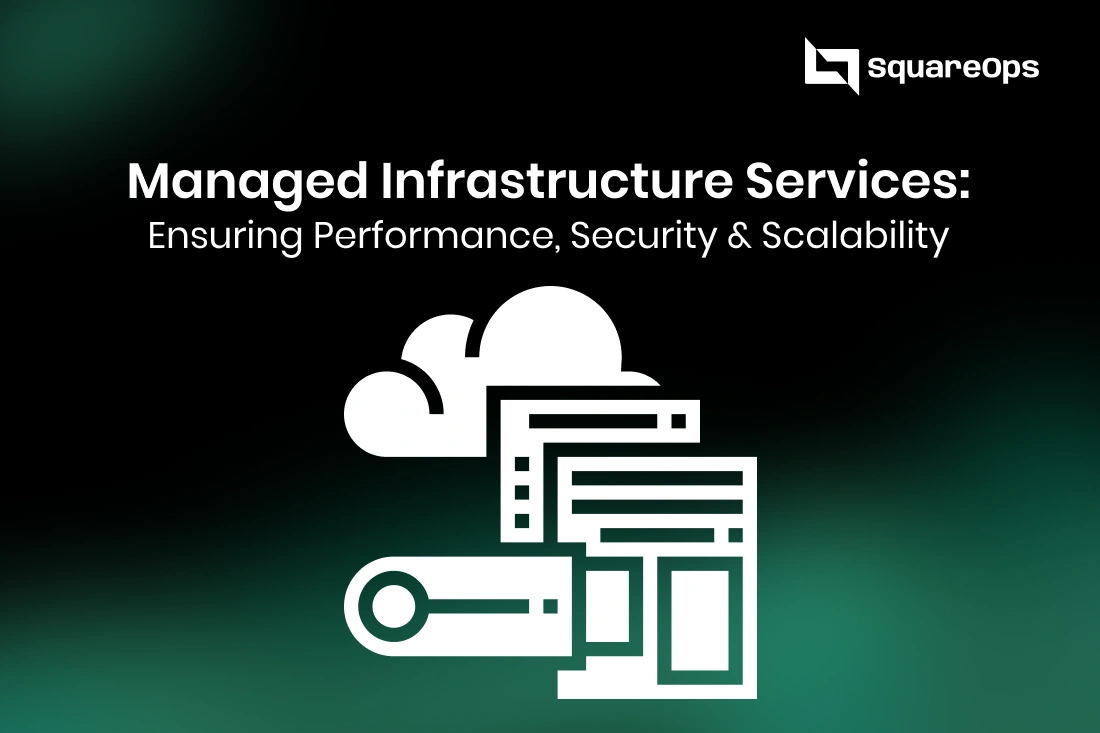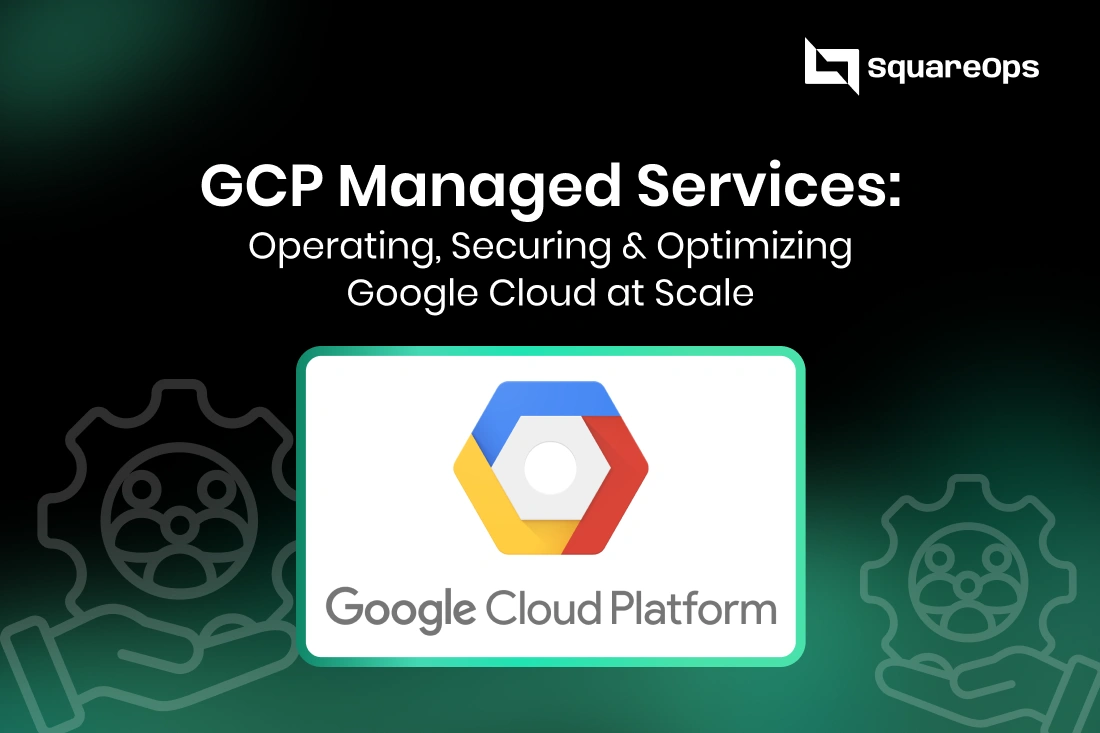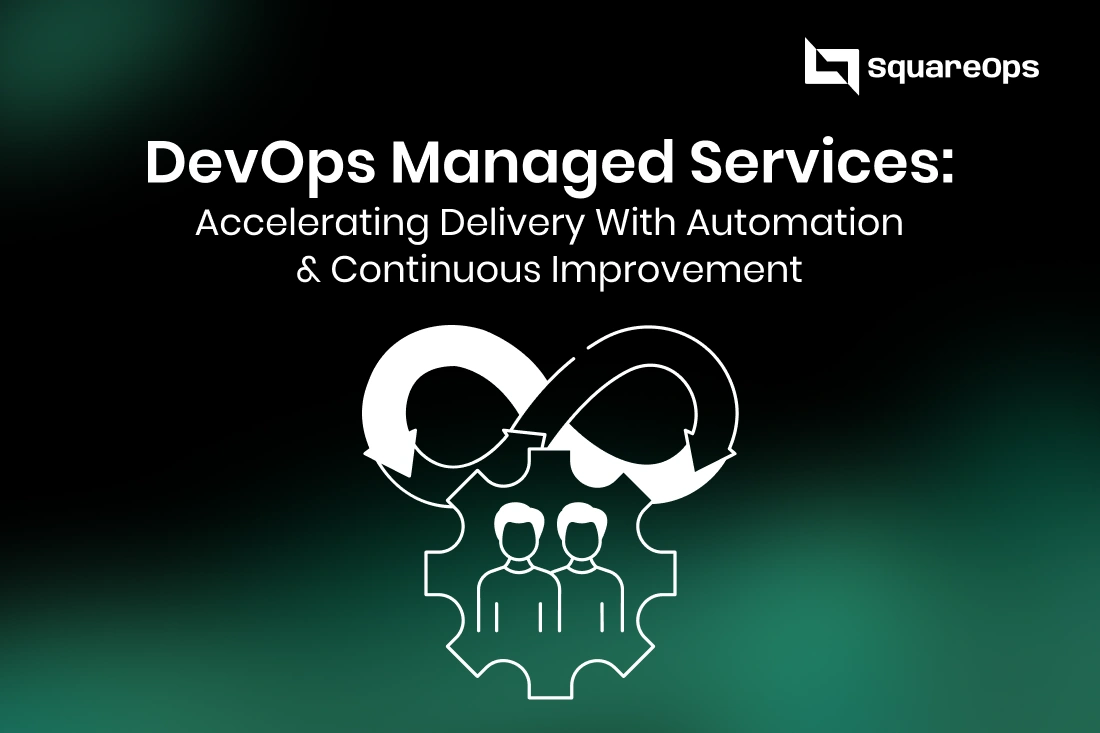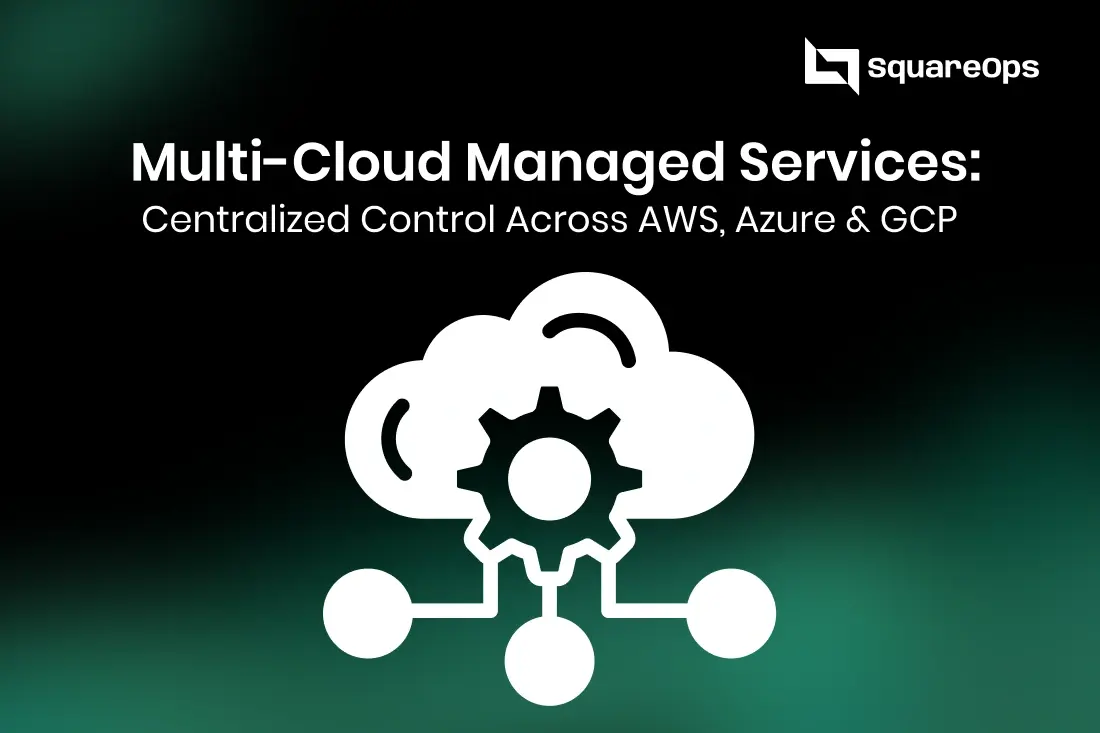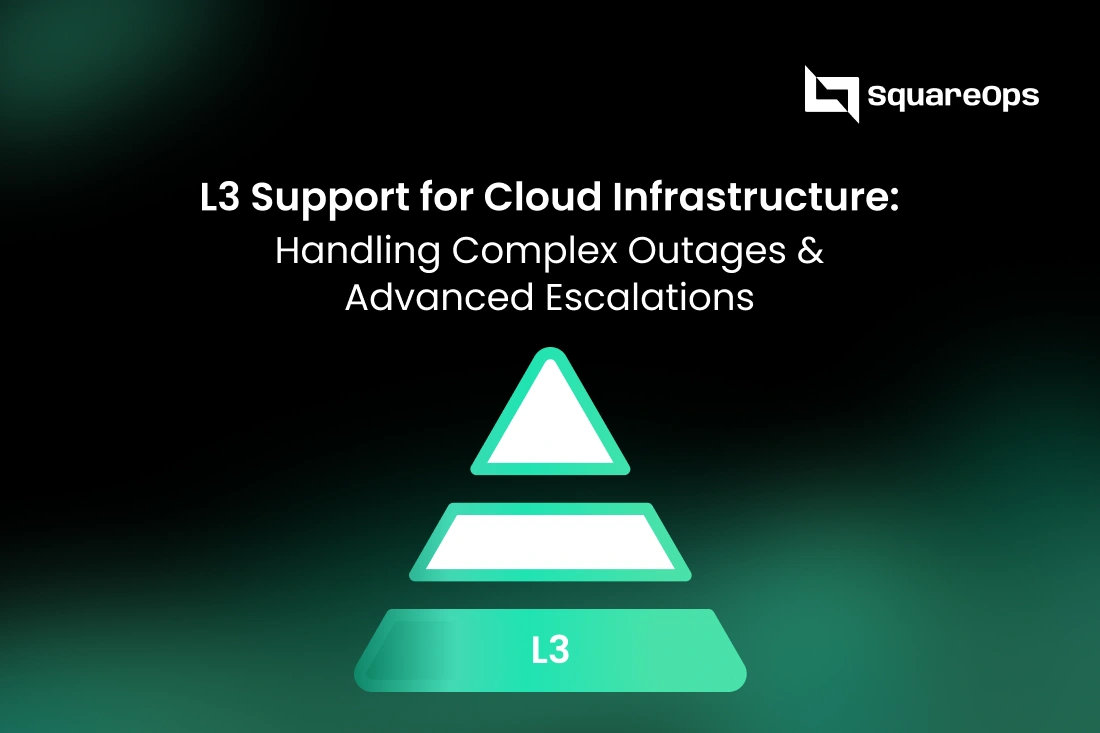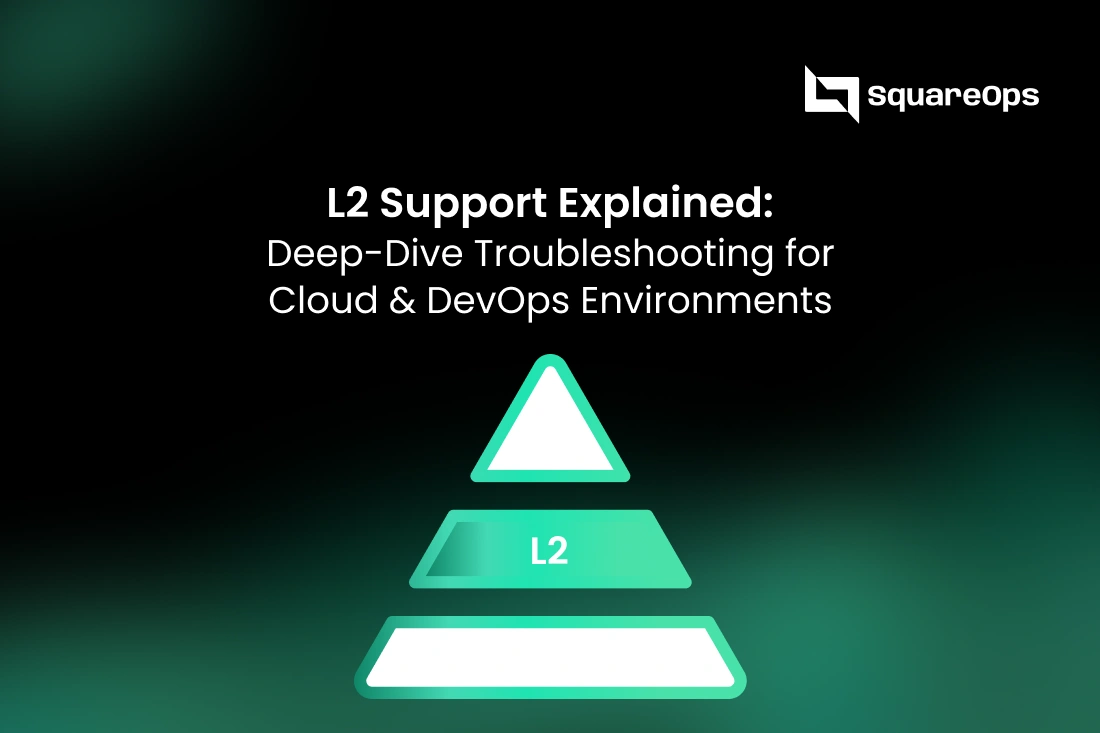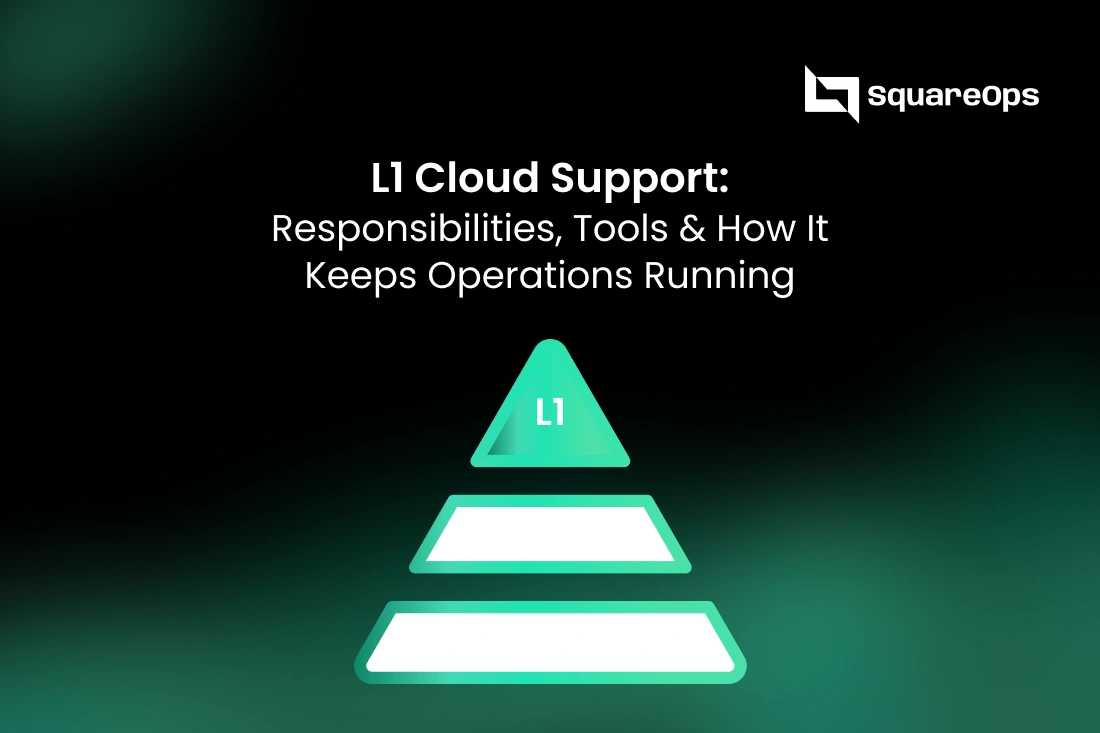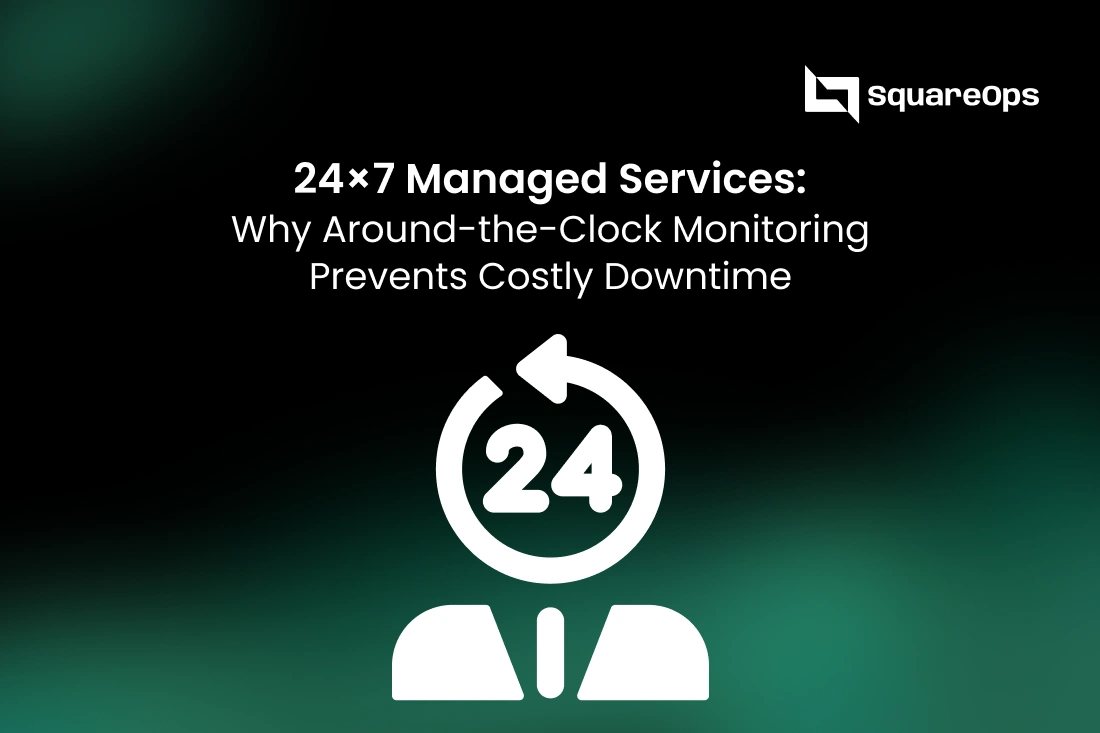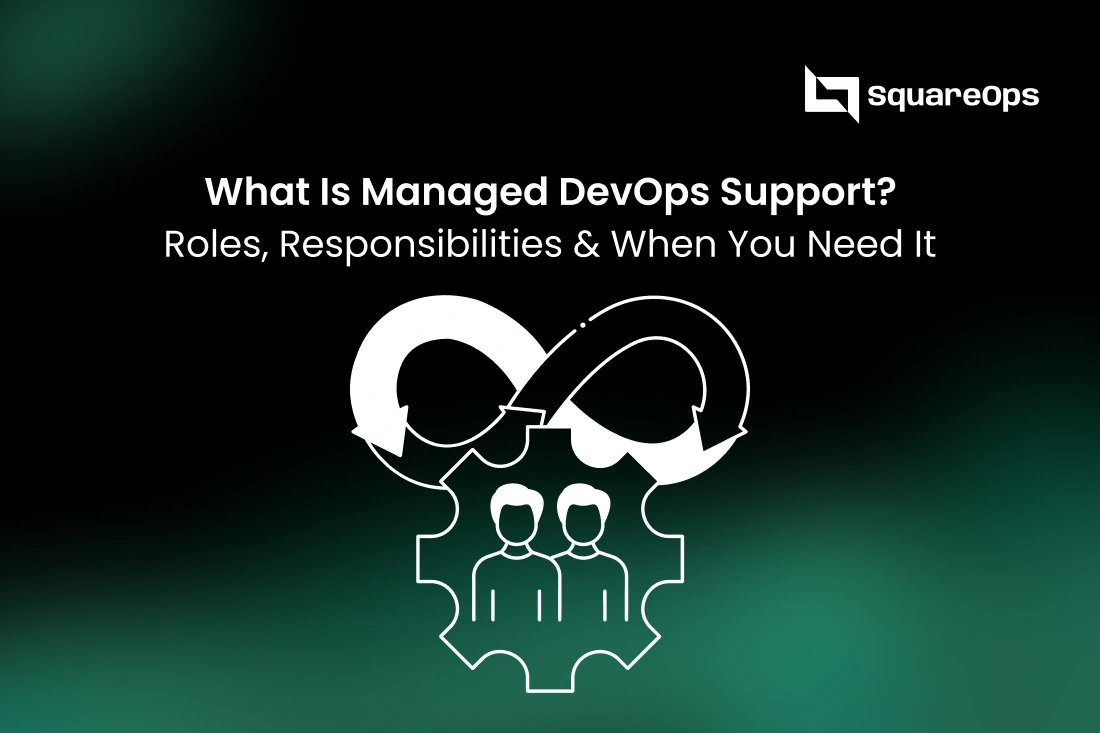Where product delivery speed, scalability, and reliability are make-or-break factors, businesses are turning to DevOps consulting services to accelerate growth and streamline operations. DevOps isn't just a tech buzzword; it is a transformational approach to building, testing, and releasing software with speed and efficiency. This guide will walk you through what DevOps consulting services entail, why they matter, and how companies like SquareOps help teams unlock their full potential.
What Are DevOps Consulting Services?
DevOps consulting services are professional offerings aimed at helping organizations implement and optimize DevOps practices. These services bridge the gap between software development (Dev) and IT operations (Ops), creating a culture of collaboration and continuous improvement.
Typical DevOps consulting services include:
- CI/CD (Continuous Integration and Continuous Deployment) pipeline setup
- Cloud-native infrastructure and orchestration (Kubernetes, Docker)
- Infrastructure as Code (IaC)
- Automated testing and monitoring
- Workflow standardization
- Performance optimization and cost control
A DevOps consultant assesses your current workflows and infrastructure, identifies gaps, and creates a customized roadmap for faster, more reliable software delivery.
Why Do Companies Need DevOps Consulting?
Implementing DevOps internally is resource-intensive and complex, especially for teams with legacy infrastructure or limited experience. DevOps consulting can:
- Accelerate delivery cycles: Consultants set up automated CI/CD pipelines and workflows that cut release cycles from weeks to days.
- Enhance collaboration: DevOps emphasizes shared responsibilities and fosters stronger collaboration across dev, QA, and ops.
- Improve system reliability: DevOps practices reduce downtime and enable self-healing infrastructure.
- Optimize cloud spend: Consultants configure auto-scaling, efficient compute, and better resource utilization.
- Mitigate risks: Strong monitoring and incident response systems reduce errors and improve incident resolution.
Key Components of DevOps Consulting
DevOps consulting services typically follow a structured approach that includes:
- DevOps Assessment & Roadmap
Evaluate your current maturity level, workflows, and tools. Define business goals and pain points. - CI/CD Pipeline Setup
Implement automation for build, test, and deployment. Ensure version control integration, automated testing, and deployment triggers. - Infrastructure as Code (IaC)
Replace manual provisioning with Terraform, Pulumi, or AWS CloudFormation for scalable, repeatable infrastructure. - Monitoring and Observability
Introduce Prometheus, Grafana, Datadog, or New Relic for tracking system health and user experience in real-time. - Security & Compliance
Embed security practices (DevSecOps) in the development cycle. Enforce policies for SOC2, HIPAA, GDPR, etc. - Containerization & Orchestration
Use Docker and Kubernetes for scalable and portable application deployments. - Cost Optimization
Optimize cloud usage, storage, and compute resources with recommendations and automation.
DevOps Consulting vs In-House Teams
Many organizations struggle to decide whether to build internal DevOps teams or outsource the function. Here is a quick comparison:
Aspect | In-House DevOps | DevOps Consulting Services |
Cost | High (full-time hires) | Flexible & project-based |
Expertise | Generalized skills | Specialized niche expertise |
Speed | Slower setup | Faster implementation |
Tools | Limited by in-house stack | Access to best-of-breed tools |
Scalability | Harder to scale | Scales with project needs |
Hiring a consultant provides rapid access to industry veterans without the overhead of building an internal team from scratch.
While every industry is going digital, these verticals gain the most from DevOps:
- SaaS & Product Companies: Continuous delivery and fast iterations are mission-critical.
- FinTech: Security and uptime are essential; DevOps reduces risk.
- E-commerce: Site reliability directly impacts revenue.
- Healthcare: Compliance-focused automation and uptime matter.
- Enterprises with Legacy Systems: Gradual modernization through DevOps is essential.
How to Choose the Right DevOps Consulting Partner
Choosing the right consultant requires a careful vetting process:
- Experience & Case Studies: Look for proven delivery and client success stories.
- Tooling Expertise: Ensure the team knows your tech stack and tools.
- Certifications: AWS, Azure, and Kubernetes certifications are a plus.
- Delivery Process: Clear documentation, SLAs, and milestone-based delivery.
- Culture Fit: Communication, collaboration, and alignment with your internal team are essential.
Case Study: How SquareOps Helped a SaaS Brand Scale
A fast-growing SaaS company approached SquareOps to reduce deployment times and improve reliability. Within 60 days:
- CI/CD pipelines were implemented with GitHub Actions and ArgoCD
- Infrastructure was containerized and moved to AWS EKS
- Monitoring dashboards using Prometheus and Grafana were deployed
- Deployment times dropped by 70%
- Incidents reduced by 60% within the first 90 days
This transformation enabled the client to ship features weekly and handle 3x more traffic with zero downtime.
Benefits of DevOps Consulting for Long-Term Growth
- Faster Innovation: Automated delivery pipelines mean faster time to market.
- Operational Efficiency: Eliminate waste and reduce manual intervention.
- Scalability: Consultants build cloud-agnostic and auto-scaling solutions.
- Talent Enablement: Upskill your internal team during the engagement.
- Risk Management: Reduced downtime and increased fault tolerance.
When Should You Engage a DevOps Consultant?
- You’re planning a cloud migration
- You’re struggling with long release cycles
- You’ve experienced system downtime or incidents
- You’re launching a new product or scaling fast
- You need to meet compliance and security standards
Conclusion
DevOps consulting services provide the foundation for building modern, resilient, and scalable systems. Whether you’re a startup or an enterprise, working with experienced consultants can accelerate your DevOps journey and make your infrastructure a growth enabler.
At SquareOps, we bring battle-tested DevOps engineers, proven frameworks, and cutting-edge tools to help your team ship faster, scale confidently, and operate with excellence.
Ready to accelerate your DevOps journey? Book a free consultation with SquareOps today.

